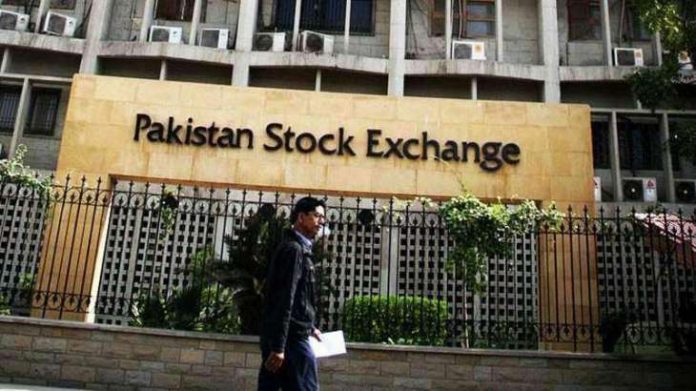Pakistan Stock Exchange (PSX), on the 5th of December, issued a compulsory buyback direction to Dewan Automotive Engineering Limited (DWAE) which mandates the company to either address the non-compliances highlighted by the PSX or comply with the buyback direction before the 11th of December 2023.
This is not the first time that such an order has been passed against DWAE as the same was done in December of 2019. But why is there such a regulation and what is the utility of such a regulation being in place?
When a company wants to get listed on the stock exchange, it makes a commitment that it will be more open to the market and will allow investors access to information which might be kept private or hidden in an unlisted company. As investors are willing to hand over their hard earned money to the company, they are becoming part owners into the company. This allows them to get access to all the information that an owner would have or would want to have. This is the basic tenant on which the whole financial system is based.
What can happen if this tenant is broken?
Consider a company which wants to list in the market. Let’s call it Good Investments Limited. Good Investments is a company with a good track record and it feels that it needs to get an equity injection in order to expand its operations. As banks offer loans at strict terms, the company wants to get investors to invest. In order to do this, the company carries out an Initial Placement Offer (IPO) which allows individuals and companies to invest in the company. As the company raises the investments and gets listed, the investors are able to invest and divest their investments on a daily basis.
Just like there is a moral agreement between the investors and the company, the company also makes a formal pact with the stock exchange that it will comply with all the requirements that are placed on it.
In case any of these requirements are not met, the stock exchange has the power to reprimand the company. These regulations are placed for the interest of the investors and for the betterment of the market. In case the company is not working for the betterment of its shareholders or not following the rules, they can be checked and penalized accordingly.
Regulation 5.11 of the PSX Regulations details the different non-compliances that can be flagged by the stock exchange itself. These include, but are not limited to, the company not starting its production as disclosed in the Prospectus, suspension of operations for more than one year, not holding its Annual General Meeting as per law, failing to submit its annual audited accounts, failing to pay the fees accrued, qualification being issued relating to the going concern of the company by its statutory auditors and/or license being revoked by the Securities and Exchange Commission of Pakistan.
In all these cases, the company is disadvantaging the investors by not following through on their promises and falling short of their responsibility with the shareholders and the market aswell. In such a case, the PSX steps in and forces companies to either address these issues or be prepared to be punished.
As any of these requirements are not met, the PSX has the power to place the company as being defaulted. Once this placement has been done, the investors are made aware of the placement. The PSX does allow the company a period of 90 days to rectify the non-compliance after which the company would be brought from the defaulters’ counter to the normal counter and shares can be traded again. If, however, the non-compliance is not addressed, the PSX can stop the trading of shares on the exchange and give the company another 90 days to rectify the situation. If it is seen that the company has still not rectified the situation, the company is asked to carry out a mandatory buyback. Even at this juncture, the company is given a period of 90 days to either rectify the situation or carry out the formalities to put the buyback in place.
DWAE seems to have come near this deadline to either comply or carry out a buyback.
So what purpose do these regulations have?
Consider an investor who had bought shares of DWAE in the past. They invested their hard earned money into the company. Now, through no fault of their own, the company is flouting the trust that was placed on them and not following through on their commitment. Investors expected the company to perform and earn a return on their investment.
The company has not followed the requirements of the stock exchange due to which they have been placed in the defaulters’ segment. In order to protect the investors, the PSX has made the regulations so that even if the company is being made to pay, the investors are still looked after. By making it compulsory for the company to carry out a buyback, the investors are being provided an opportunity to sell their shares back to the company and exit from their investment as they are not able to do so in the market.
This is a great solution that has been placed by PSX where the company is being punished for not following their regulatory compliance. In addition to that, the investors are being given a way out to liquidate their holding and make back some of their investment by mandating the company to refund the investors. As the date comes closer to the 11th December, it has to be seen which path is followed by the company in the coming days.





a test case for the company how much efficient and smart they are in their management.
Let’s see if OSX can get them to comply. 😒